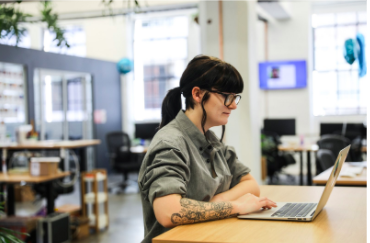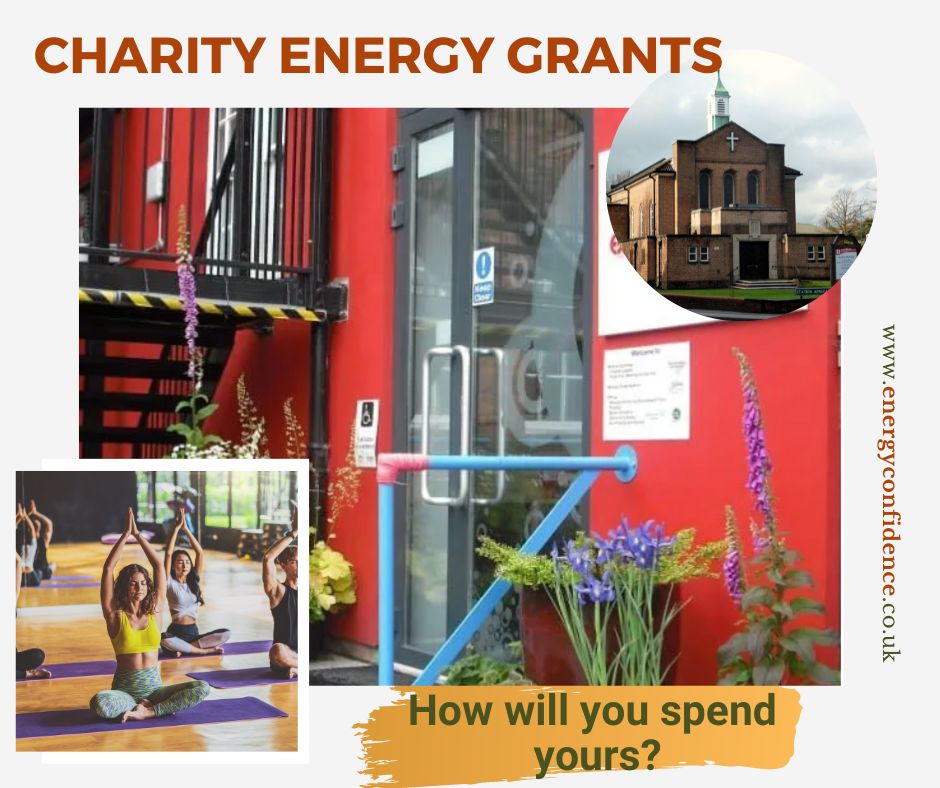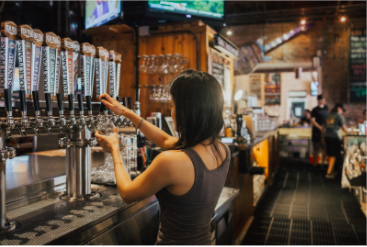
Third Sector magazine has announced that £31 million in dormant assets will be released to charities to fund energy saving measures.
If you are a charity, I can help you decide where to start with making best use of this funding.
I give honest, practical, jargon-free advice to:
- Charities
- Social Enterprises
- Cooperatives
In all building types including:
- Offices
- Theatres
- Libraries
- Swimming baths
- Leisure Centres
- Co-working spaces
- Educational establishments
- Churches, mosques, synagogues, mandirs, gurdwaras, Quaker meetings
and many more.
My recent clients include:
- Jericho Foundation
- Moseley Community Development Trust
- Rep Theatre
- Moseley Road Baths
- Plus dozens of places of worship.
I can give you energy and environmental advice across all aspects of your operations including:
- Energy efficiency
- Renewable energy including solar, heat pumps
- Water saving
- Your “scope 3” emissions such as procurement, transport, waste
- Monitoring your progress so you can prove your impact.
Working with me will give you:
-
Clarity on where to begin
-
Confidence that you are taking the right actions for your building
-
Cost-effective use of your money and resources
-
Carbon savings by implementing the right measures and monitoring their effectiveness.
Contact me now to discuss how I can help you show your community, your funders and donors that you are ethical and sustainable.

https://www.thirdsector.co.uk/charities-31m-release-dormant-assets/finance/article/1815422





